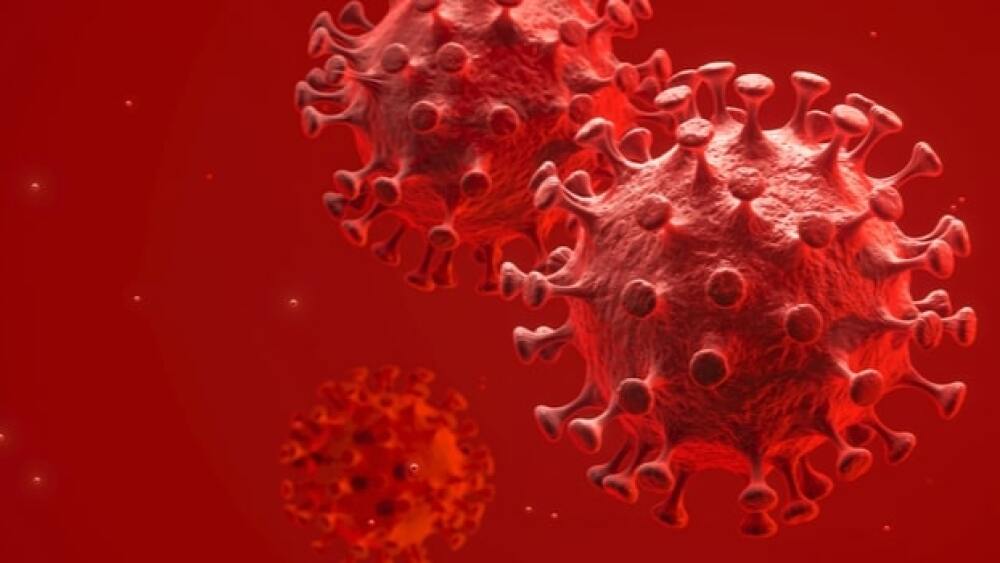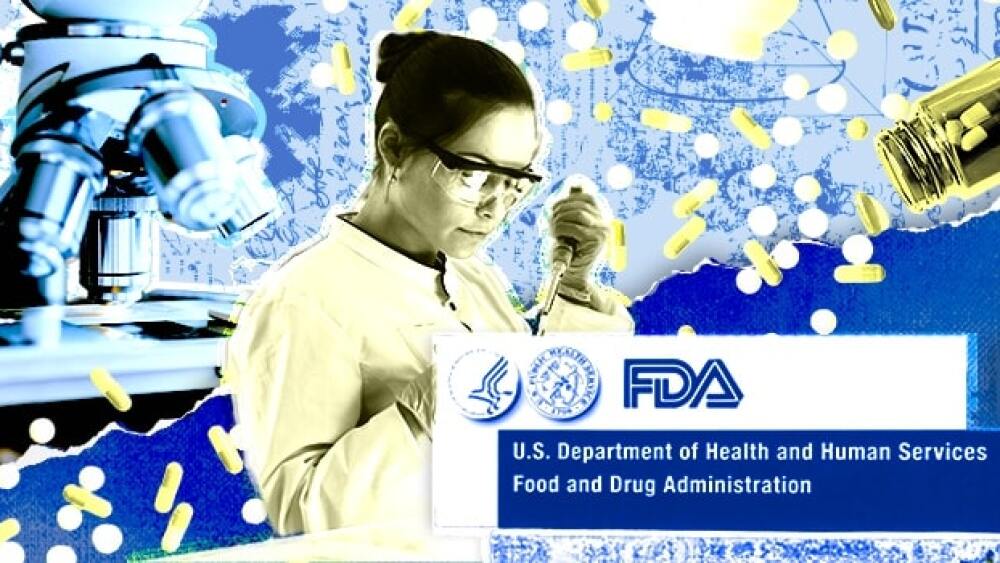All eyes on the FDA as they review a COVID-19 vaccine, FDA approval of an Emergency Use Authorization to LabCorp’s home test kit for COVID-19, the first testing device that does not require a prescription and more news.
The U.S. Food and Drug Administration (FDA) granted Emergency Use Authorization to LabCorp’s home test kit for COVID-19, the first testing device that does not require a prescription.
This will be good news for consumers during this ongoing pandemic. Long lines for COVID-19 test sites have become commonplace and this could reduce the wait times for some patients seeking to confirm an infection.
The Pixel by LabCorp COVID-19 Test Home Collection Kit is only available through the company’s dedicated website to the product. However, with EUA, LabCorp said there is now a chance to distribute the kit through retail stores. The kit is designed to allow consumers to self-collect their samples in the privacy of their own homes, which helps minimize transmission of the virus.
After acquiring the kit, users register it online with LabCorp and then send the sample for processing at one of the company’s labs. Test results are securely delivered to the consumer via the Pixel by LabCorp portal. A healthcare provider will counsel consumers who test positive to assist with healthcare treatment and actions.
Brian Caveney, chief medical officer and president of LabCorp Diagnostics, said this is the first over-the-counter at-home collection kit ever authorized by the FDA for COVID-19.
“With this authorization, we can help more people get tested, reduce the spread of the virus and improve the health of our communities,” Caveney said in a statement.
LabCorp’s EUA for the Pixel by LabCorp COVID-19 Test Home Collection Kit isn’t the only bit of positive news in the ongoing battle against COVID-19. All eyes will be on the FDA’s advisory panel committee meeting for Pfizer and BioNTech’s COVID-19 vaccine. The meeting will begin this morning and it’s likely authorization could be granted by the end of the week. The vaccine was authorized in the United Kingdom last week and has already begun to be administered.
While the vaccine showed a 95% efficacy in preventing infection during clinical trials and has been deemed to have few safety concerns, a report out of the U.K. Wednesday may give pause to some doctors before administering the medication. Two patients who received the vaccine in the U.K. reported severe anaphylactic allergic reactions. Both of these patients have severe allergies and carry Epi-Pens, according to Reuters. The patients have recovered. After learning of the reactions, the U.K. health authority said anyone with a history of anaphylaxis to a vaccine, medicine or food should not get the vaccine. Pfizer excluded people with a history of significant adverse reactions to vaccines or its vaccine’s ingredients from late-stage studies of the preventative treatment, Reuters said.
That warning is likely to be considered by the FDA before it makes its green lights the Pfizer/BioNTech vaccine. Moncef Slaoui, chief scientific advisor to Operation Warp Speed and a former vaccines expert with GlaxoSmithKline, said people with known severe allergic reactions probably should not take the vaccine until more was understood, Reuters added.
Moderna, which also developed an mRNA vaccine, will be reviewed by the FDA advisory board later this month. This morning, the Massachusetts-based company announced it dosed the first adolescent patients in a Phase II/III study of its vaccine candidate, mRNA-1273. The study is assessing the vaccine in patients ages 12 to 18. Moderna Chief Executive Officer Stéphane Bancel said the goal is to generate data for this patient population by the spring of 2021 in hopes of being able to vaccinate youths ahead of the next school year.
“We are encouraged by the interim and primary analyses of the Phase 3 COVE study in adults ages 18 and above and this adolescent study will help us assess the potential safety and immunogenicity of our COVID-19 vaccine candidate in this important younger age population. We hope we will be able to provide a safe vaccine to provide protection to adolescents so they can return to school in a normal setting,” Bancel said in a statement.
Sanofi is also expected to make an announcement about its COVID-19 vaccine before months’ end. Sanofi, which paired its vaccine with GlaxoSmithKline’s adjuvant technology, is expected to release the results from the Phase I/II clinical trials this month. The vaccine candidate uses the same recombinant protein-based technology as one of Sanofi’s seasonal influenza vaccines and GSK’s pandemic adjuvant technology. Sanofi’s S-protein COVID-19 antigen, which is based on recombinant DNA technology to develop the vaccine candidate. That antigen will be boosted by GSK’s pandemic adjuvant technology. The use of an adjuvant may reduce the amount of vaccine protein required per dose, which allows more vaccine doses to be produced and protect more people.
Inovio announced this morning that it dosed its first subject in a Phase II clinical trial for COVID-19 DNA vaccine candidate, INO-4800, in China. The clinical trial conducted in China is independent of the INNOVATE Phase II/III clinical trial of INO-4800 being advanced in the U.S. The company recently dosed the first patients in the Phase II portion of INNOVATE.





